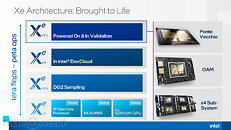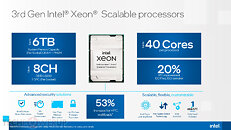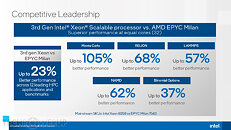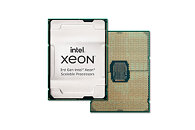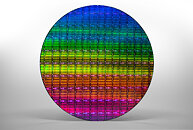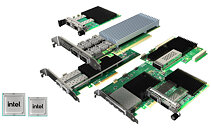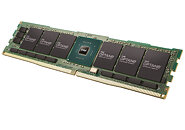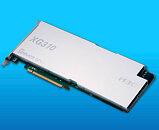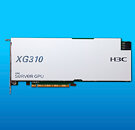
New Intel XPU Innovations Target HPC and AI
At the 2021 International Supercomputing Conference (ISC) Intel is showcasing how the company is extending its lead in high performance computing (HPC) with a range of technology disclosures, partnerships and customer adoptions. Intel processors are the most widely deployed compute architecture in the world's supercomputers, enabling global medical discoveries and scientific breakthroughs. Intel is announcing advances in its Xeon processor for HPC and AI as well as innovations in memory, software, exascale-class storage, and networking technologies for a range of HPC use cases.
"To maximize HPC performance we must leverage all the computer resources and technology advancements available to us," said Trish Damkroger, vice president and general manager of High Performance Computing at Intel. "Intel is the driving force behind the industry's move toward exascale computing, and the advancements we're delivering with our CPUs, XPUs, oneAPI Toolkits, exascale-class DAOS storage, and high-speed networking are pushing us closer toward that realization."
"To maximize HPC performance we must leverage all the computer resources and technology advancements available to us," said Trish Damkroger, vice president and general manager of High Performance Computing at Intel. "Intel is the driving force behind the industry's move toward exascale computing, and the advancements we're delivering with our CPUs, XPUs, oneAPI Toolkits, exascale-class DAOS storage, and high-speed networking are pushing us closer toward that realization."
